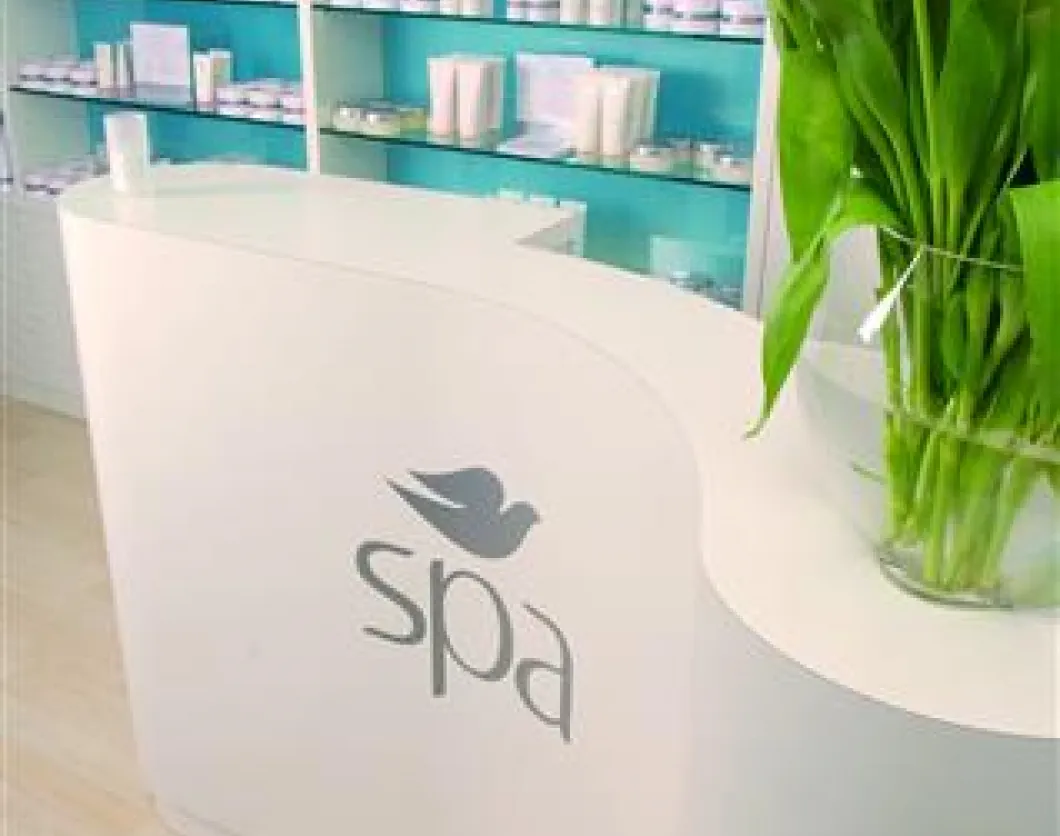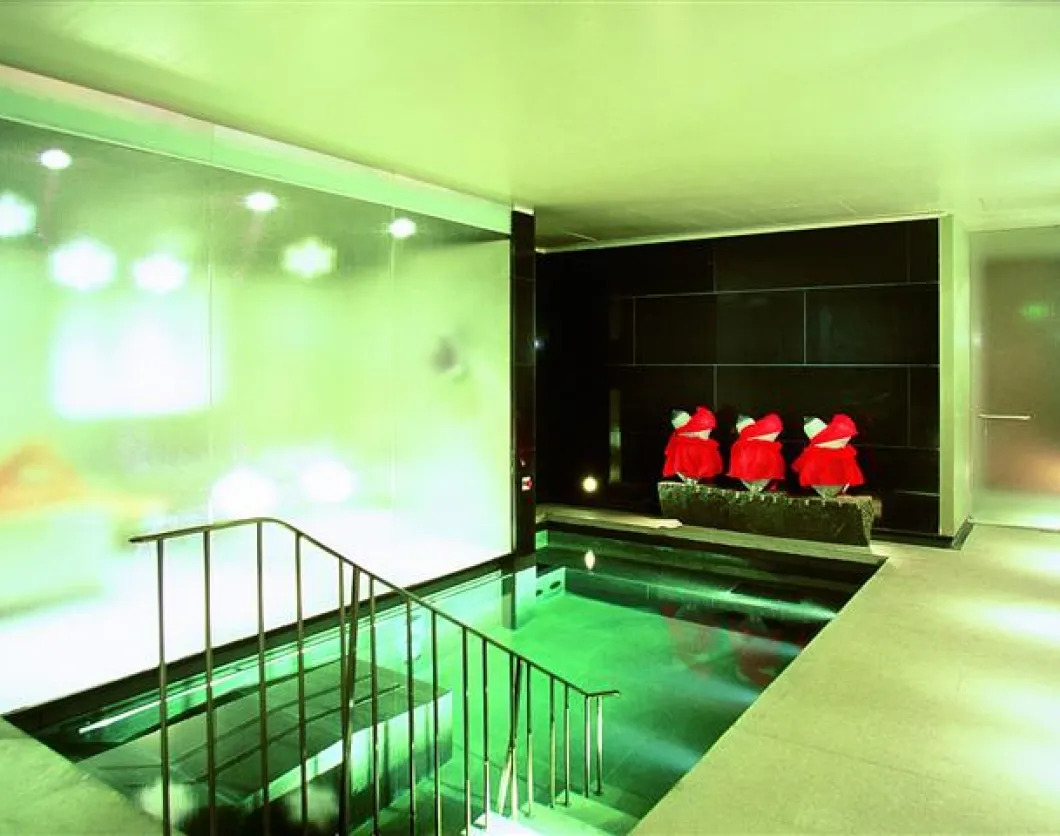Despite experiencing a dramatic boom in the last decade, the worldwide spa market is still highly fragmented.
Although there are an estimated 72,000 spas worldwide, the vast majority are independent, single-site or small, regional businesses, whose names have little currency beyond their immediate environs. The few companies that can truly claim to have significant brand recognition – such as Canyon Ranch in the US, Chiva-Som in Thailand and global supplier/operator ESPA – are the exceptions that prove the rule.
However, as the industry becomes ever more competitive – especially in light of the economic downturn – an increasing number of players are starting to recognize the power of a strong brand identity in facilitating market penetration, expansion and consolidation.
Among those leveraging its brand to diversify and grow is UK company Champneys, the operator of four top health resorts, which a few years ago launched a mass-market skincare line into British supermarket chain Sainsbury’s. Building on this commercial success, the group is now rolling out a chain of town-centre day spas/stores in the UK, with plans for up to 50 sites, and has also launched the skincare range into Russian retail chain 36.6. Elsewhere, it’s created a range of ready-meals for Sainsbury’s and is developing a residential spa community in Marbella, Spain.
Also maximizing its brand’s potential is the Pritikin Longevity Center and Spa in Miami, Florida. Famed for the Pritikin Program, a diet-and-exercise regime scientifically proven to combat health problems from diabetes to heart disease, the 31-year-old company recently confirmed an agreement with property developer Boymelgreen to create a ‘Pritikin Living’ community in Houston, Texas. It also has a licensing deal with Indian operator VLCC to roll out 15 Pritikin day centres in India, and further deals in the UAE and Singapore are under discussion. In addition, the US government has passed legislation allowing the Pritikin Program to be covered by its public health insurance scheme, Medicare, increasing the potential for a domestic rollout. Other interests include a book-publishing arm and a branded food line.
And it’s not only spa and wellness companies that are using the power of branding to win market share. French group George V Restauration, which created the restaurant and hotel chain buddha-bar, has entered the sector with two brands – buddha-bar spa (in its Evian-Les-Bains and Prague hotels) and buddha attitude (in Doha) – as well as a branded skincare range, spa cafés, music CDs and a nail-bar concept.
Another significant newcomer is Dove Spa – a spin-off of Dove, the leading toiletries brand of global conglomerate Unilever. This accessible day-spa concept has grown to 24 sites in the UK since being launched in 2006, and is now set for roll-out in Canada, following the opening of two sites in Toronto last year. Dove Spa’s parent company, Spa and Salon International, also has 17 sites in Spain and two in Mexico, operating under the name Pond’s Institute; another Unilever retail brand, Pond’s is well known in Spain and parts of Latin America.
In the current climate, the Dove Spa/Pond’s Institute business model – combining value-for-money products and treatments with a recognised brand name – is proving resilient, with Spa and Salon International reporting strong sales through to the end of last year. Another mass-market retail brand tapping into this market is Nivea, whose German owners Beiersdorf AG have opened three ‘Nivea Haus’ facilities in Hamburg, Berlin and Dubai in as many years.
At the high end, luxury beauty supplier Clarins is also marking its territory in the industry, opening flagship ‘Clarins Skin Spas’ across the world and working to increase its portfolio of hotel spas from 20 to 100. Other luxury brands moving into the sector include Versace, with its Salus Per Aquum spa at Palazzo Versace Gold Coast in Australia, and a second property set to open in Dubai next year; Bulgari, with spas at its hotels in Milan and Bali; Prada, through a partnership with Ritz-Carlton in the US, and Dior, which saw the first Christian Dior Spa open at condominium development The Cliff at Cupecoy, in St Maarten, last November.
The five-star hotel market is also investing heavily in spa brands, as hoteliers finally acknowledge the importance of the spa both as a marketing tool and a revenue generator. Shangri-La is one of several global hotel operators to have created a unique identity for its spas – with its China/Himalayas-inspired CHI brand – while Mandarin Oriental takes its eponymous spa offering so seriously that it’s invested “a considerable figure” to develop a unique range of Mandarin Oriental-branded products and treatments in association with skincare experts Aromatherapy Associates.
Of course, branding alone won’t keep cash-strapped consumers coming back, and savvy operators know they must pay more attention than ever to the quality and value of their offering to survive this recession. But they also know the power of a trusted brand can’t be underestimated, and could serve as a powerful differentiator in these difficult times.
Photos: Mandarin Oriental, Dove Spa
By Rhianon Howells










